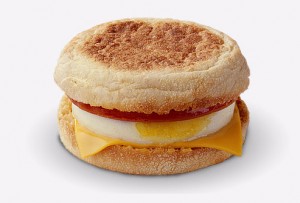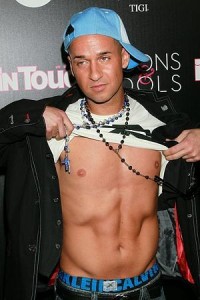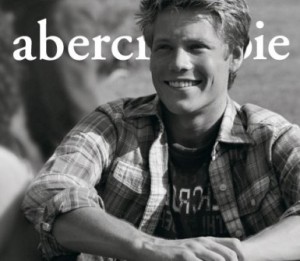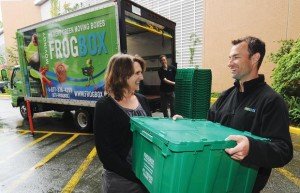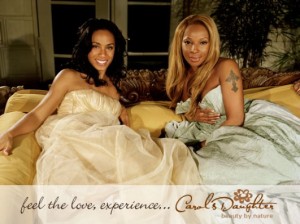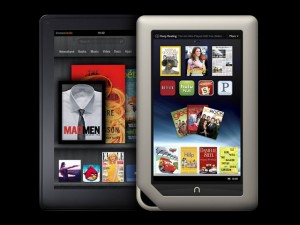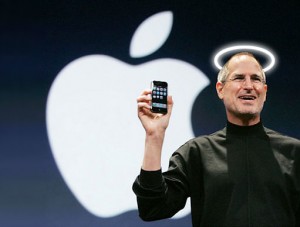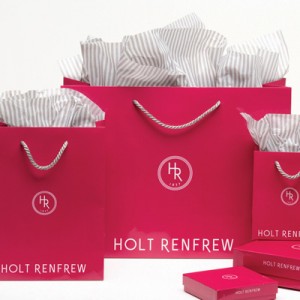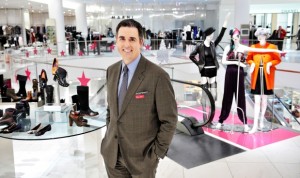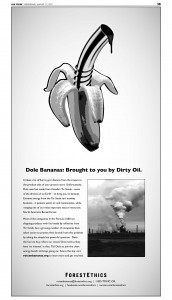After stumbling upon this blog written by Chris MacDonald in Canada Business, it immediately brought me back to one of the very first classes in Comm 101 about business ethics. The article discusses McDonalds and Target dropping their egg supplier, Sparboe Farms due to unethical animal treatment. McDonalds’ and Target, being such large corporations, most likely accounted for a lot of Sparboe’s sales. Consequently, this was a huge loss for the farm.
It is interesting to note that McDonalds’ was not directly dealing with Sparboe. Rather, it received it’s “eggs via Cargill Inc., the agricultural giant that supplies all of McDonalds’ eggs.” This shows “supply chain responsibility” on McDonalds’ part because despite not dealing directly with Sparboe, it was proactive in addressing the behaviour of its supplier when it could have easily ignored it. This also exemplifies McDonalds’ buying power, as they are able to easily switch to a different supplier.
I believe McDonalds made the right decision. This improves McDonalds image, appearing as a stronger ethical company. Businesses everywhere are realizing the benefits of having an ethical brand image. Moreover, this sets an example for other suppliers with the message that poor treatment of animals will not be tolerated.

